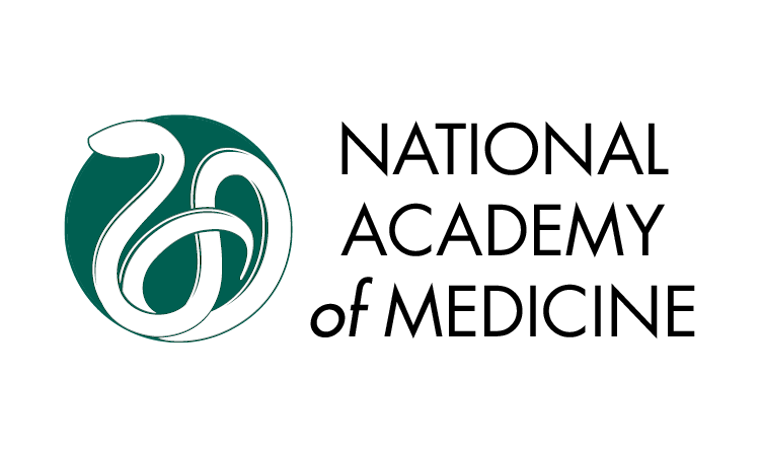NAM Action Collaborative on Clinician Well-being Holds Public Meeting on Clinician Well-Being during COVID-19
The National Academy of Medicine (NAM) Action Collaborative on Clinician Well-Being and Resilience, of which ACGME President and CEO Thomas J. Nasca, MD, MACP is a co-chair, hosted a virtual meeting, Ensuring Clinician Well-Being in an Age of Uncertainty: Emerging Lessons from the COVID-19 Pandemic and a Systems Approach for the Future, on October 28-29, 2020, to elevate the urgency of national action and map efforts needed to coordinate the long-term health and well-being of clinicians through COVID-19 and beyond.
Since the Collaborative’s inception in 2017, the ACGME has partnered with NAM and more than 200 organizations aiming to:
- raise the visibility of clinician anxiety, burnout, depression, stress, and suicide;
- improve baseline understanding of challenges to clinician well-being; and,
- advance evidence-based, multidisciplinary solutions to improve patient care by caring for the caregiver.
The October meeting focused on clinician well-being since the beginning of the COVID-19 pandemic, as well as on creating and using systems and approaches to continue and sustain clinician well-being.
ACGME Chief of Staff and Chief Education Officer Dr. Timothy P. Brigham was co-chair of the planning group for this event, offering welcoming and closing reflections, and also served as a facilitator. “The only way to get through this,” he said, “is to redesign the system in which people are living and working in.”
Over two days of public sessions, the Collaborative addressed topics such as the toll the COVID-19 pandemic has had on clinicians’ well-being, resources to support their health and well-being, and ways to coordinate national actions for change.
Dr. Nasca offered closing remarks, marveling at the resolve the GME community has shown in the face of the pandemic. “The almost legendary compassion that’s been demonstrated by doctors and nurses and other care givers, providing care in very extreme circumstances often at risk to their own health and the health of their families… it is not just heroic, it is the embodiment of altruism,” he said.


